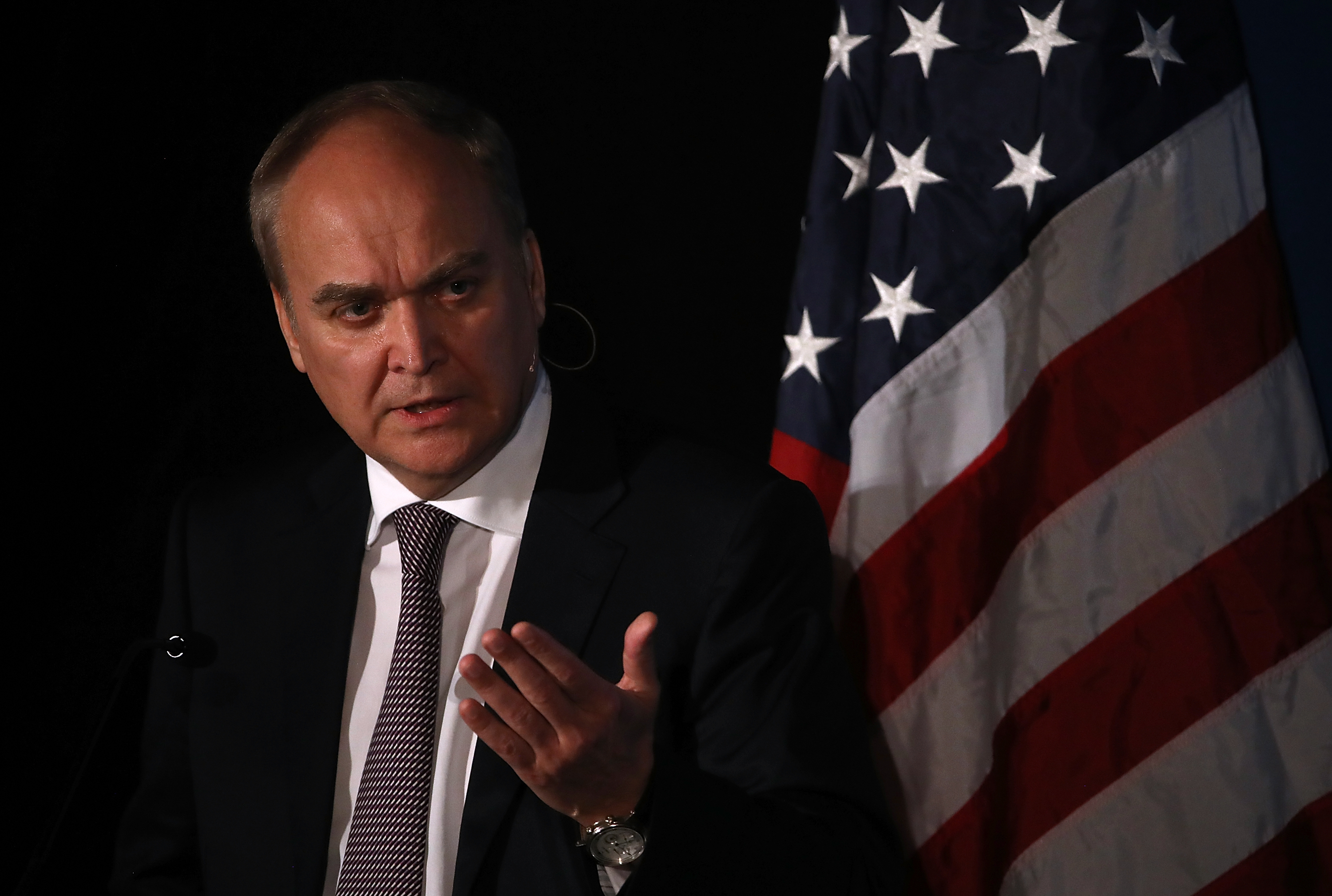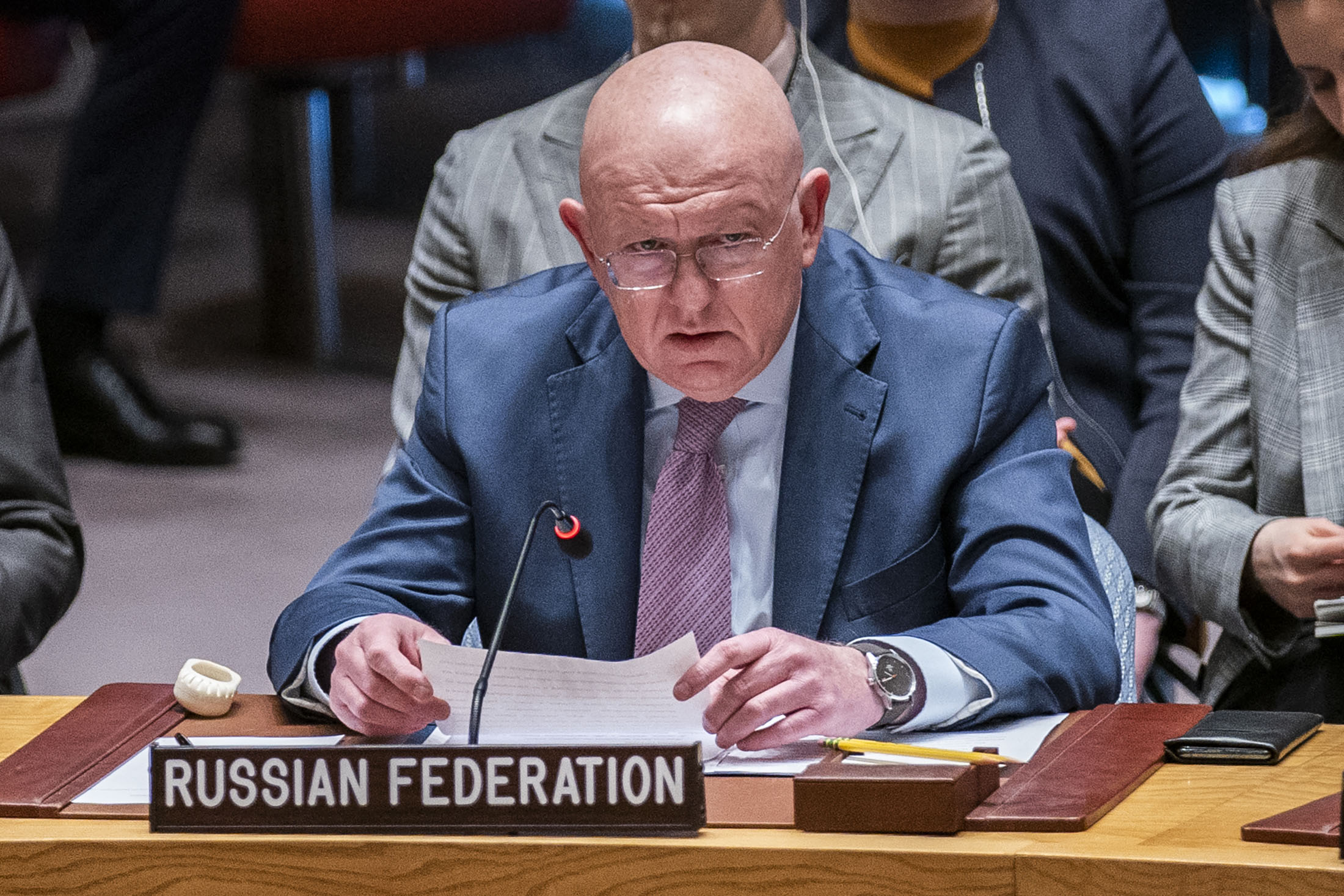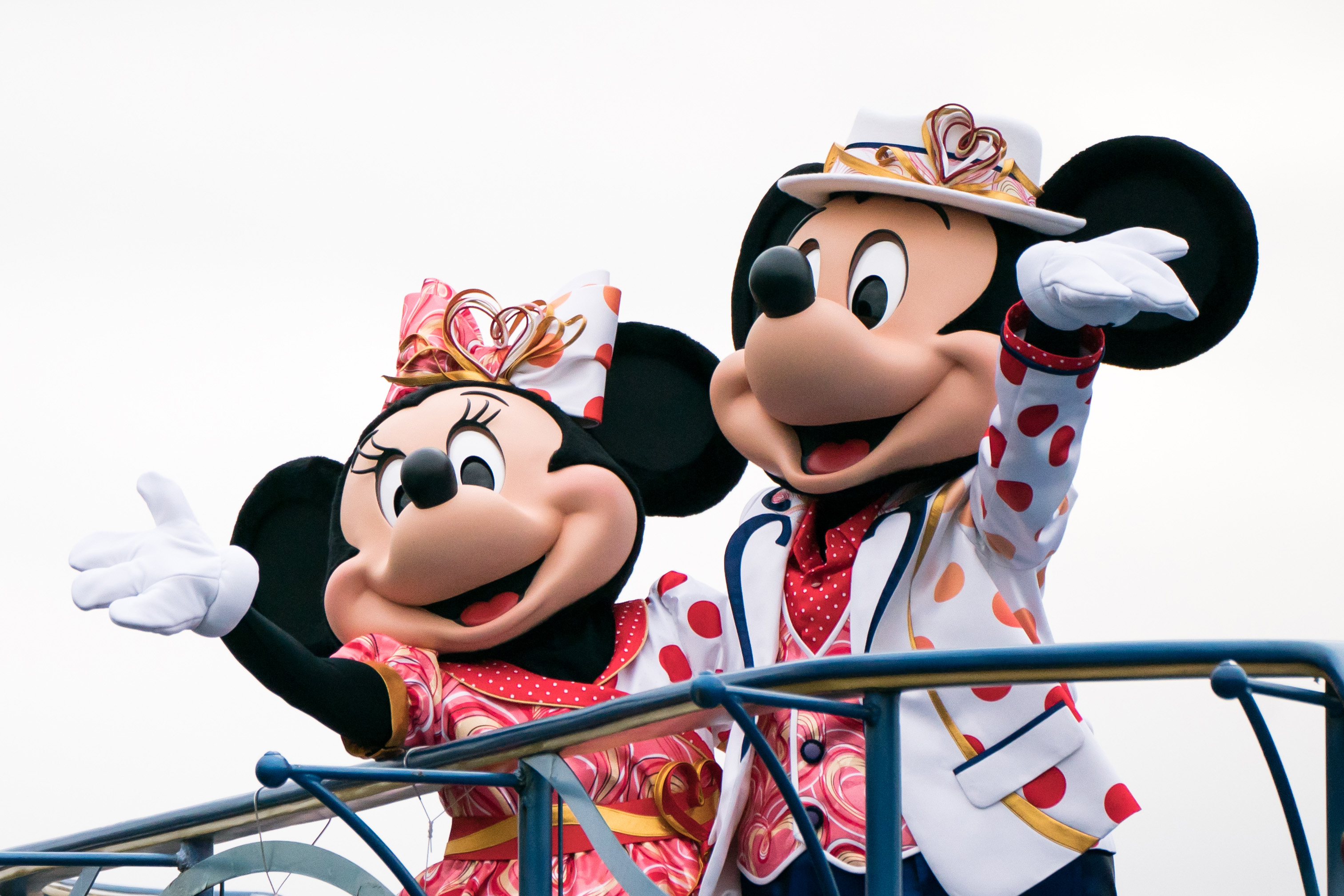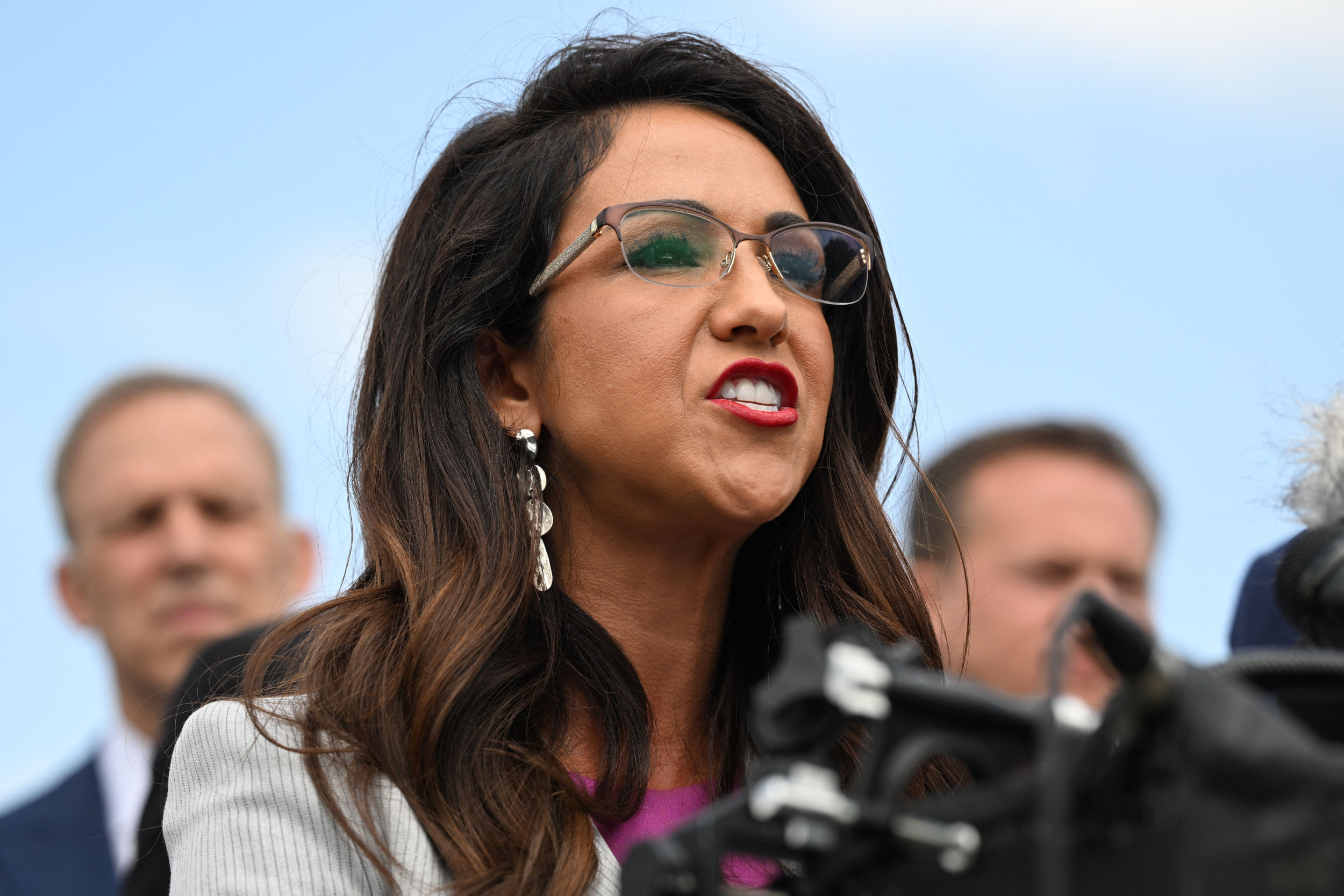Yevgeny Prigozhin's popularity with the Russian public is rising as he pits himself against the Kremlin's top brass, positioning himself as an anti-establishment figure amid President Vladimir Putin's grinding war in Ukraine.
The Russian businessman, who earned the nickname "Putin's chef" thanks to his catering contracts with the Kremlin, withdrew fighters recruited by his paramilitary outfit the Wagner Group from Bakhmut in Ukraine on June 1, intensifying his verbal barrage against Defense Minister Sergei Shoigu and Chief of the General Staff Valery Gerasimov as he did so.
While his public feud with Russian officials within the Kremlin appears to be nearing a pivotal moment, and his rhetoric evolves into defiance toward broader sections of the Russian establishment, Prigozhin has, for the first time, ranked in polls in the country that label him as a figure Russians trust and are proud of. On top of that, Russians are searching for information about the Wagner chief far more than the leader of the country.
Analysts have told Newsweek that Putin, hampered by a lack of understanding of online media, is underestimating how popular Prigozhin has become with the Russian people—and how much of a threat that could represent.

In Prigozhin, Russians Trust
On June 8, Prigozhin ranked fifth in a survey published by the Russian Public Opinion Research Center, the oldest polling institution in post-Soviet Russia, which asked the question, "Are there living Russians of whom our country could be proud, or not?" He placed above Shoigu and government officials, but below Putin, military personnel, Prime Minister Mikhail Mishustin, and Foreign Minister Sergei Lavrov.
Last month, Prigozhin entered the Levada Center's ranking of public figures whom the Russian people trust for the first time, with a rating of 4 percent, comparable to that of former president Dmitry Medvedev and Communist Party leader Gennady Zyuganov, according to Andrei Kolesnikov, a senior fellow at the Carnegie Russia Eurasia Center.
And on June 20, Russia's Romir research center published a list of public figures most trusted by Russians. Prigozhin entered its rating for the first time, coming in fifth place behind Putin, Lavrov, Shoigu, and Mishustin, but ranking above Kremlin propagandist Vladimir Solovyov and Medvedev.
'Trendsetter of the Year'
Prigozhin, 62, was also named "trendsetter of the year" at this year's St. Petersburg International Economic Forum, which took place last week and was attended by Putin. The managing director of the Russian Media Group, Dmitry Mednikov, said at the event that a trend for "epic heroes" was emerging in the country.
Prigozhin responded by saying he thinks modern trends are dictated by the Russian people, "who have decided that they do not want lies, do not want deceit and do not want double standards." He also branded the forum as a "feast during the plague," referring to the ongoing war in Ukraine.
Given that Prigozhin has made headlines in recent months for his unforgiving criticism of Russia's military leadership, some have asked: Why does Putin allow him to make statements that would land anyone else in Russia in court or in prison?
Putin is, much to the frustration of the Russian elite and Kremlin officials, underestimating Prigozhin's online influence and the damage he could inflict on the state, said Tatiana Stanovaya, a senior fellow at the Carnegie Russia Eurasia Center and founder of R.Politik. Reality of Russian Politics, a political analysis firm.
Prigozhin has a substantial online following, and regularly posts scathing statements, videos, and images via the press service of his company Concord. He has accused Russia's military leadership of "treason" for failing to provide his fighters with sufficient ammunition and, more recently, he shut down a demand from Shoigu and Putin that the Wagner Group sign contracts directly with the Defense Ministry with a July 1 deadline.
"Prigozhin is not allowed on mainstream media, mostly. So in Putin's eyes, if a person is not on TV, it means that this person is somehow isolated, and in Putin's picture, Prigozhin remains on the periphery of political life," Stanovaya told Newsweek.
For now, Putin, 70, sees Prigozhin as useful to him, she said.
"But the problem is this distorted understanding of the media and the internet information space by Putin personally. And that is why we see this is a very bad situation where, on one hand, we have Putin, who is taking everything that comes from Prigozhin very easily, but on the other hand, a significant part of the Russian elite considers Prigozhin as a threat," she said.
"Many of those people are scared of Prigozhin," she added. "They consider him as a risk for the state, as a problem, which should be dealt with, and the people should rise to worry about how Putin manages this risk."
Joana de Deus Pereira, senior research fellow at the Royal United Services Institute, a British think tank, said she believes Prigozhin is striving for recognition and respect within Russia's existing power structures.
"He's carving out a role for himself as a champion of the common soldier, voicing criticisms against the military elite, and positioning himself as a 'healer' of Russia's past traumas, especially the ones related to the fall of USSR—especially the ones related to loss of territory and humiliation," she told Newsweek.
Prigozhin likely aspires to a position as minister of defense or a leadership role in a Russian-occupied region in Ukraine, as these positions "would allow him to exert influence, gain the recognition he desires, and offer him a sense of accomplishment in his patriotic mission."
De Deus Pereira added: "His ambitions are tied closely to his ability to maintain this delicate balance."
The 'Wildcard' Factor
Keir Giles, a Russia expert and a senior consulting fellow at the London-based Chatham House think tank, told Newsweek it's clear Prigozhin had a role to play that was "assigned to him by whoever is protecting him within the Russian system" but it would appear that "he's gone well above and beyond that role."
"His prominence has gone far beyond what was necessary to either deflect the blame for disasters in, in Ukraine, or indeed to serve as somebody's tool in a power play between different centers of power in the Kremlin," said Giles.
Prigozhin appears to be becoming "far more prominent and popular than you would have assumed if he is just a tool for an intrigue within the Kremlin," Giles continued.
"And in that respect, whoever is allowing him to continue, must by now be concerned at the prospect of him becoming a wildcard and having unpredictable and disruptive consequences for the power structure within Russia, because he has become a notable figure in his own right and rather than one that simply serves the interests of the leadership overall, one that is developing an individual personality cult, which could be seen as challenging of the established leadership."
R.Politik's Stanovaya said that ultimately, Putin "doesn't realize how big is the damage that Prigozhin inflicts on a significant part of the Russian elite and to some extent, to the state—to the official institutions."
She added: "We see in any case, that Prigozhin has a place, and this place is green-lighted by Putin."
Newsweek has contacted Russia's Foreign Ministry for comment via email.








